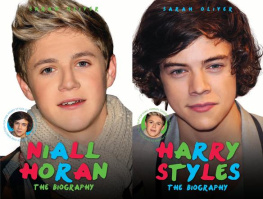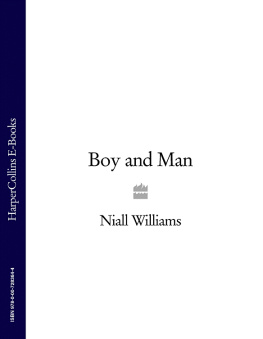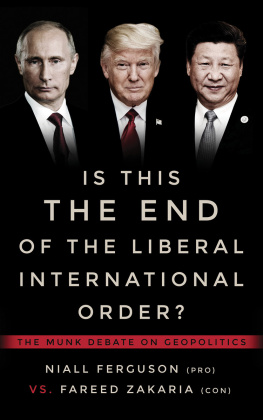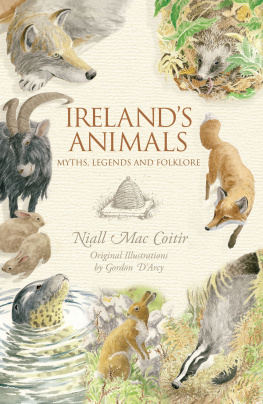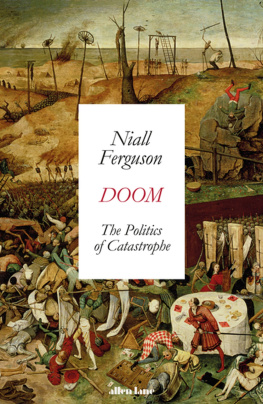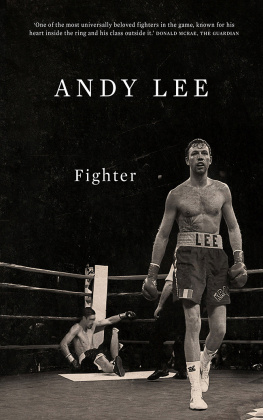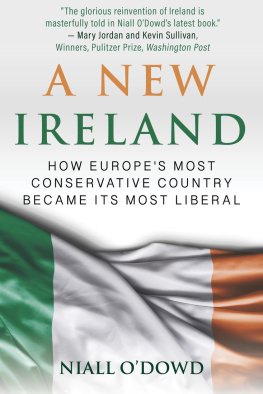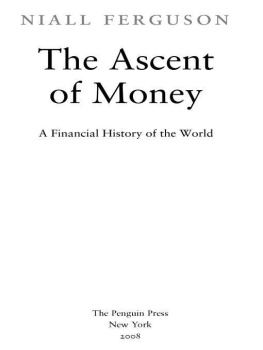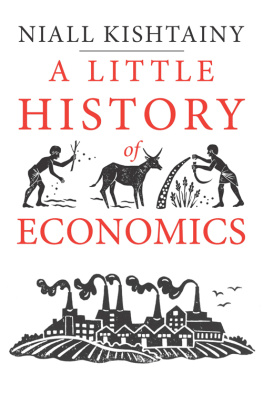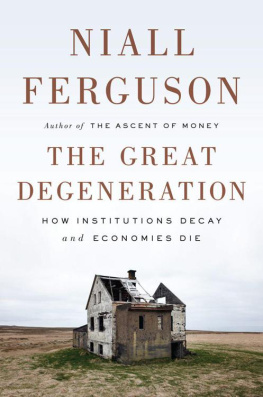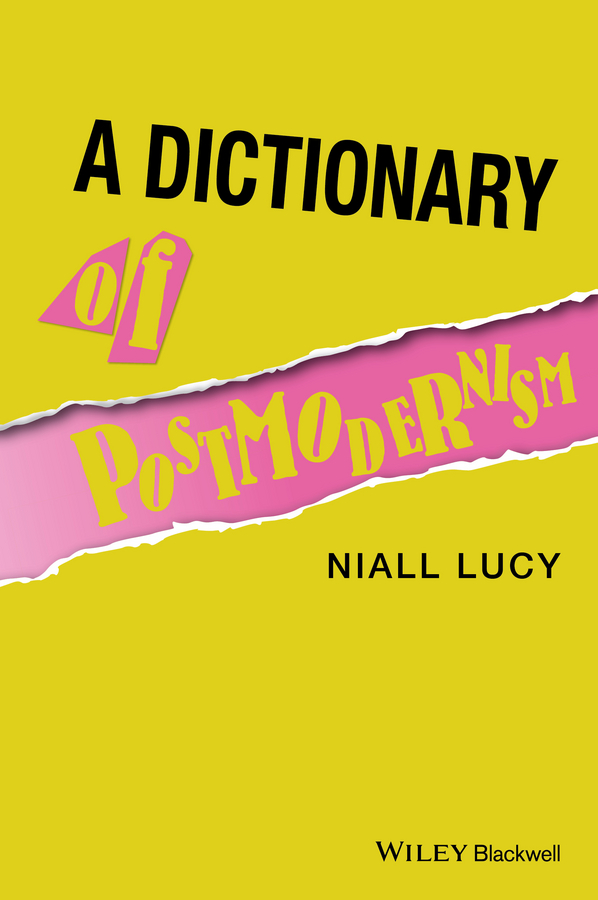
Table of Contents
Guide
Pages
A Dictionary of Postmodernism
Niall Lucy
Edited by
John Hartley
With contributions by
Robert Briggs
Claire Colebrook
John Hartley
Tony Thwaites
Darren Tofts
McKenzie Wark
This edition first published 2016
2016 Sam Lucy-Stevenson
Registered Office
John Wiley & Sons, Ltd, The Atrium, Southern Gate, Chichester, West Sussex, PO19 8SQ, UK
Editorial Offices
350 Main Street, Malden, MA 02148-5020, USA
9600 Garsington Road, Oxford, OX4 2DQ, UK
The Atrium, Southern Gate, Chichester, West Sussex, PO19 8SQ, UK
For details of our global editorial offices, for customer services, and for information about how to apply for permission to reuse the copyright material in this book please see our website at www.wiley.com/wiley-blackwell.
The right of Niall Lucy to be identified as the author of this work has been asserted in accordance with the UK Copyright, Designs and Patents Act 1988.
All rights reserved. No part of this publication may be reproduced, stored in a retrieval system, or transmitted, in any form or by any means, electronic, mechanical, photocopying, recording or otherwise, except as permitted by the UK Copyright, Designs and Patents Act 1988, without the prior permission of the publisher.
Wiley also publishes its books in a variety of electronic formats. Some content that appears in print may not be available in electronic books.
Designations used by companies to distinguish their products are often claimed as trademarks. All brand names and product names used in this book are trade names, service marks, trademarks or registered trademarks of their respective owners. The publisher is not associated with any product or vendor mentioned in this book.
Limit of Liability/Disclaimer of Warranty: While the publisher and author have used their best efforts in preparing this book, they make no representations or warranties with respect to the accuracy or completeness of the contents of this book and specifically disclaim any implied warranties of merchantability or fitness for a particular purpose. It is sold on the understanding that the publisher is not engaged in rendering professional services and neither the publisher nor the author shall be liable for damages arising herefrom. If professional advice or other expert assistance is required, the services of a competent professional should be sought.
Library of Congress Cataloging-in-Publication data applied for
Hardback 9781405150774
Paperback 9781405150781
A catalogue record for this book is available from the British Library.
In memory of Niall Lucy, 19562014
I am very impressed with your Dictionary project. It seems to me that it is both a sharp and an exhaustive project and, of course, I want to say how grateful I am Thank you for keeping me informed about these beautiful projects in which I am proud and grateful to have a place.
Jacques Derrida
(Letters to Niall Lucy)
Acknowledgments
One of Nialls final wishes was that this book be completed, and I cannot thank John Hartley enough for accepting Nialls deserved trust in him to make it so, and for his dedicated and caring stewardship throughout. Niall would be honored that his longstanding friends Rob Briggs, Claire Colebrook, Tony Thwaites, Darren Tofts and Ken Wark also willingly and generously contributed their talents on his behalf. Thanks also to the team at Wiley-Blackwell for your professionalism across this and previous collaborations with Niall, especially Emma Bennett and Ben Thatcher for putting up with him for so long.
Niall was blessed to have many friends and colleagues who always supported his endeavors: thanks to Kerry Banting, Jill Birt, Peta Bowden, Paddy Buckley, Martyn P. Casey, Len Collard, Chris Coughran, Tim Dolin, Joseph Fernandez, Sean Gorman, Angela Glazbrook, Gillian Greensmith, Glynn Greensmith, Lisa Gye, Jane Hemery, Adrian Hoffman, John Kinsella, Monique Laves, Judith Lucy, Johnny R. Lucy-Stevenson, Alsy MacDonald, Jesse McGrath, Steve Mickler, Jane Mummery, Marnie Nolton, Dick Ounsworth, Pieta OShaughnessy, Cheryl Passmore, Elizabeth Pippet, Susan Pippet, Georgia Richter, Kim Scott, Mark Smith, Mark Snarski and Robert Snarski.
And finally, with thanks, love and pride to Nialls greatest legacy, our children: Dylan, Hannah and Jakeb.
Sam Lucy-Stevenson, January 2015
John Hartley thanks the co-contributors for their generous gifts of thought and talent, and thanks Sam Lucy-Stevenson for invaluable editorial assistance. The Introduction and Culture are reproduced from Niall Lucys The Acropolis of the Dragon, first published in VLAK4 (October 2013), by Litteraria Pragensia, Prague: our thanks go to editor-publisher Louis Armand.
Preface
This book is something of a postmodern hybrid. Its Niall Lucys book, imagined, planned and executed by him, but its also a collage, involving other writers. Niall wasnt able to complete it, but he was keen to see it finished. At his request, the contributors friends and colleagues of his have undertaken that task on his behalf. We have sought to keep Nialls project and his unique style in mind, but his mixture of erudition, wit, defiance and firm views on certain topics was all his own. An inevitable consequence of this is that our entries will sometimes reflect the contributors interests and opinions rather than Nialls directly. Also, there are occasions when Niall has quoted work published by one of us. Thus, we have signed each entry, so that readers can avoid mistaking those passages for self-citation, or mistaking the parts he did not write for Nialls own work. The book is laid out as an encyclopedia, with entries in alphabetical order. Each entry is a short essay. In most cases each one has been completed by a single hand (rather than by collective authorship), in order to preserve Nialls characteristic mode of argument by example. The largest number of entries is by him, with the six contributors taking between four and six each.
The project has been a labour of love for all of us. This book is offered as Niall Lucys Dictionary of Postmodernism, but its also a Festschrift to him by a group of individuals whose lives and work have intersected with his, and in several cases with each others too. Weve all enjoyed his company, benefited from knowing and arguing with him, and feel confident that you, dear reader, will do too. For this is a working book, designed for readers to use and enjoy, and to dispute where necessary. In order to do justice to what Niall was attempting, we have tried to do justice to the topic.
There are varying views on postmodernism. In his Postmodern Literary Theory (1997) Niall Lucy wrote that it could be seen as the outworking of a literaryphilosophical tradition that goes back to the Romantic movement in Germany and elsewhere. Postmodernism was what happened when that tradition, including its critics, eventually abandoned the idea that there was something central and intrinsically valuable about literary texts, and began to apply its considerable analytical, emotional and political resources to the consideration of any text, in a universe of knowledge where, to the perceiving subject, everything presents as a text, including context (as Derrida famously remarked,
Next page

